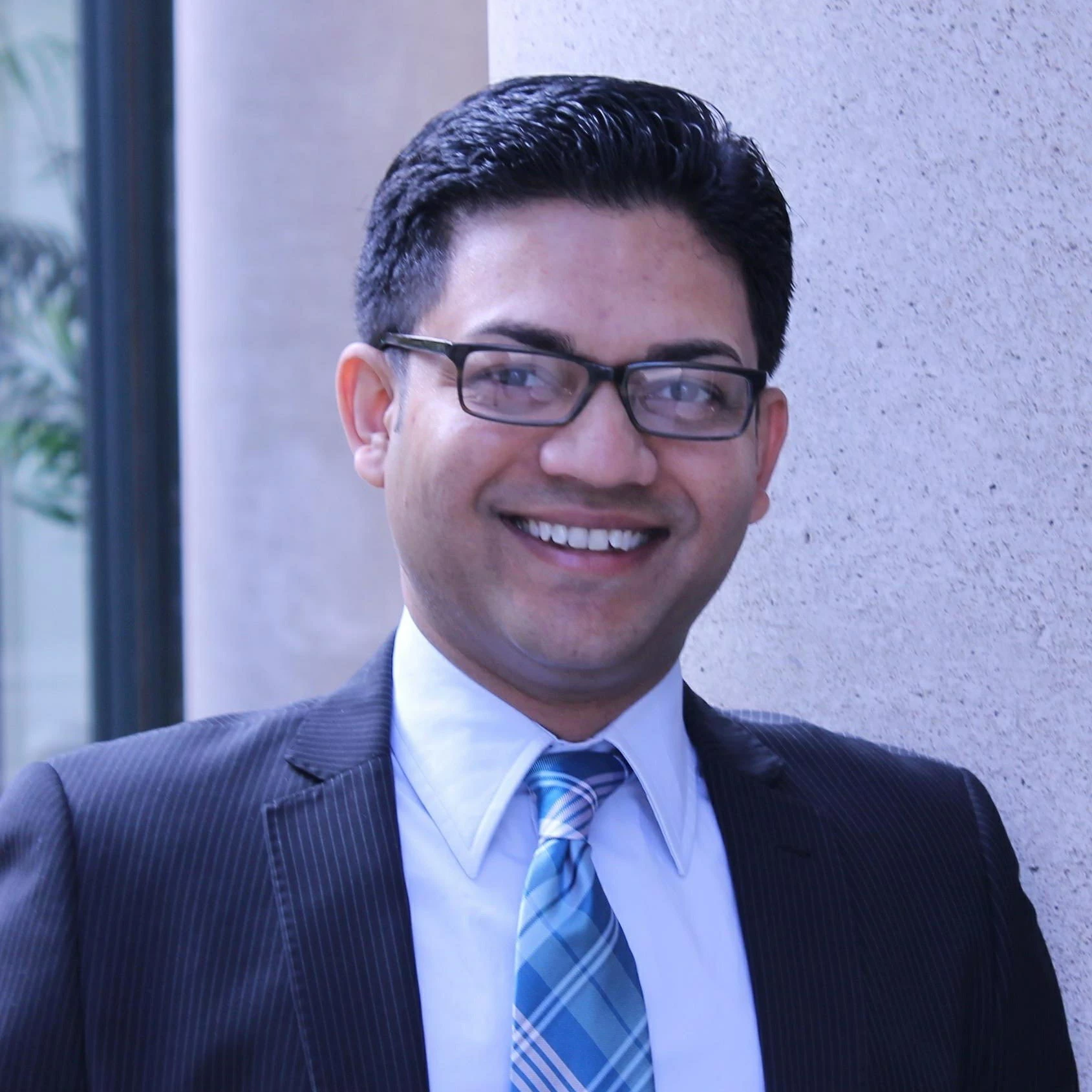
Community-Led Total Sanitation might be the greatest Bangladeshi export you’ve never heard of. In countries across Asia, Africa and Latin America, a consensus has emerged that the best approach is Community-Led Total Sanitation, which is widely credited with changing people’s behavior around the world to no longer defecate in the open, which has greatly improved global health.
Bangladeshis can take plenty of pride in these far-away accomplishments. That’s because it is Northern Bangladesh - more specifically the Mosmoil village in Rajshahi district - that pioneered this approach seventeen years ago. Its success at home led to its widespread adoption abroad.
Safe drinking water is a right and proper sanitation is dignity of the citizens. Proper management of freshwater ecosystems and access to safe water and sanitation are essential to human health, environmental sustainability and economic prosperity. Water and sanitation are at the core of sustainable development critical to the survival of people and the planet. Goal 6 of Agenda 2030 not only addresses the issues relating to drinking water, sanitation and hygiene, but also the quality and sustainability of water resources worldwide.
The ‘Global Water Supply and Sanitation Assessment’ by World Health Organization (WHO), United Nations Children Fund (UNICEF), Water Supply and Sanitation Collaborative Council (WSSCC) reported that in 2012 about 40% (2.6 billion) of the world’s population was without access to safe water. Approximately 4 billion cases of diarrhea each year causes 2.2 million deaths, and majority of them are children under the age of five. This situation in Bangladesh is also challenging. A study by Water and Sanitation Program (WSP) wing of the World Bank reveals that Bangladesh incurred a loss of Tk295.48 billion in 2010 due to inadequate sanitation, which is 6.3% of the GDP.
Indeed, there is much to emulate in Bangladesh’s remarkable progress in recent years in the field known as WASH -water, sanitation access, and hygiene. Today, 98 percent of the population gets drinking water from a technologically improved source – water which comes from a manmade structure– up from 79 percent in 1990. Bangladesh also largely succeeded in providing access to basic sanitation. It is estimated that only three percent of the population practice open defecation, down from 34 percent in 1990, thanks to behavior change campaigns and the building of many new toilets.
But, much has yet to be done. Bangladesh has still a long way to go to meet the Sustainable Development Goal (SDG) of providing universal access to clean water and sustainable sanitation by 2030. The World Bank recently completed a study, the WASH Poverty Diagnostic, which examines the remaining challenges in ensuring access to safe water, sanitation, and hygiene. The findings are startling.
Over 40 percent of all improved water sources in Bangladesh – that’s water which comes from a manmade structure - are contaminated with E. coli bacterium, a marker of fecal contamination and a cause of diarrheal diseases. Those with piped water in their homes – normally regarded as a safe source – are worse off than people who use community taps. E. coli was present in about 80 percent of water taps sampled across the country, a similar rate to water scooped up from ponds.
Bangladesh’s groundwater also sometimes contains arsenic. While much progress has been made in moving people away from using contaminated groundwater, about 26 percent of drinking water sources across the nation contain naturally-occurring levels of arsenic above the threshold that the World Health Organization defines as dangerous. The divisions that are most affected by the arsenic crisis include Chittagong and Sylhet.
Though most people have access to a toilet, 40 percent of the population use shared, rudimentary sanitation facilities and only 28 percent have a hand washing station equipped with soap and water. Fecal contamination still infects water bodies.
Tackling these challenges is crucial because clean water and sustainable sanitation has a strong positive impact on health, education and development. Children are dying from drinking contaminated water. Being sick often means children miss school. And living in unsanitary environments increases the prevalence of diarrhea which can lead to under nutrition and stunted growth, constraining educational potential and stifling economic development. Evidence shows a child’s health and nutrition have profound impacts on brain development, affecting adult productivity and, ultimately, a country’s economic competitiveness. Without WASH, it will be difficult for the workers of the future to acquire the cognitive and socio-emotional skills they need.
Moreover, the World Bank’s analysis shows that WASH hardships are by no means shared evenly among groups in society. Nationally, the WASH-related enteric disease burden for the poorest wealth quintile is about three times greater than the burden for the richest quintile. And of the five million people who still openly defecate, the vast majority of them are from the poorest 40% of the population. But the diagnostic also shows some striking facts. For instance, while the international community has focused on rural WASH in the past decade, slum dwellers in large cities are the worst affected.
Adoption of total sanitation approach combining the effectors from government, private and public sectors might be more useful to address these problems.
Meeting the remaining WASH objectives will be no simple task. But progress is possible through three broad courses of action.
First, we need to demonstrate new commitment. Both government and development partners need to redouble efforts toward high-quality water and sanitation services. Microbes and arsenic simply cannot remain a daily hazard for Bangladeshis.
Second, we should focus on strengthening institutions. The share of budget allocation to the WASH sector in the national budget is insufficient. Achieving WASH goals will require not only higher budget allocations, but stronger accountability between different agencies. At present, central departments still implement a considerable part of capital investment projects while local governments are formally responsible for WASH. Greater input from citizens and elected representatives would promote much-needed momentum.
And finally, we can learn from progress to date. The achievements of recent years have taught us that constructing WASH physical infrastructure is only part of the job. Continued service quality, cleanliness, and maintenance are equally vital and should be the focus going forward, as should education and communication.
Bangladesh is also a global leader in water management issues. Hon. PM Sheikh Hasina is one of the 12 members of the UN-World Bank jointly convened High Level Panel on Water (HLPW). With the mandate of motivating effective action and advocating on financing and implementation, the HLPW has already endorsed an action plan and calls the global leaders for a fundamental shift in the way we look at water and a new approach to water resources management. As a champion on WASH, Bangladesh is projecting light house initiatives of which WASH programs at schools are setting examples for many other countries with similar features. This has already been acknowledged that investment for the younger generation will secure our future.
Ensuring universal access to safe and affordable drinking water for all by 2030 requires adequate investment in infrastructure, provide sanitation facilities, and encourage hygiene at every level. Cooperation from development partners and international sources are required to encourage water efficiency and support treatment technologies in developing countries like Bangladesh.
We are confident that these investments will pay dividends for years to come. Clean drinking water, after all, is a foundation of development. Bangladesh is poised to help its people and offer the world yet another example of Bangladeshi ingenuity to match the success of Community-Led Total Sanitation. And thus, could ensure availability and sustainable management of water and sanitation for all.
A version of this post first appeared in The Financial Express - Bangladesh. All figures cited are from the upcoming World Bank’s “Bangladesh WASH Poverty Diagnostic” report.



Join the Conversation